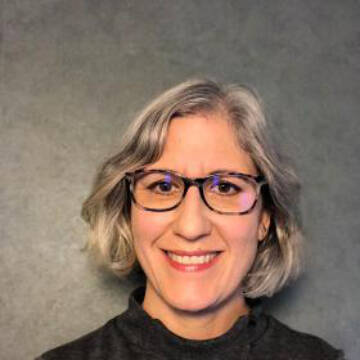Thirty-four years ago on July 26, 1990, the Americans with Disabilities Act was signed into law. The ADA helps protect the rights of people with disabilities. Even though this law was a big step forward, there is still more to do.
The U.S. Department of Health and Human Services is working to make sure everyone has access to important services and good health care. Disability rights are civil rights — everyone, regardless of ability, is entitled to equal opportunities to health services.
“While we have made great strides in disability rights, we still have work to do. Disabled people still face discrimination and barriers to exercising their basic civil rights,” HHS Secretary Xavier Becerra stated.
I’m proud to help make health care easier to access in the region as the acting regional director for HHS in Region 10. HHS is working to make sure everyone, including the one in three adults in Alaska with disabilities, gets fair treatment.
This year, HHS issued final rules under Section 1557 of the Affordable Care Act and Section 504 of the Rehabilitation Act to protect people from discrimination because of their race, color, national origin, sex, age, or disability.
These rules make it easier for people to understand health care information in their own language. They also require that places where health care happens are accessible to people with disabilities. This includes making sure medical equipment can be used by people who have different needs.
Think about what this means for someone in a wheelchair who needs a mammogram. Or someone who has trouble seeing small print. These new rules mean people with disabilities can’t be treated unfairly when they visit the doctor or talk with their health plan.
Let’s celebrate the power of shared identity, dignity and progress made. HHS continues to work on the promises of the ADA: making sure everyone can take part fully, have equal chances, live on their own, and support themselves economically, no matter their abilities.
Priya Helweg is the acting regional director and executive officer for the Region 10 Office of Intergovernmental and External Affairs, Office of the Secretary, U.S. Department of Health and Human Services.

